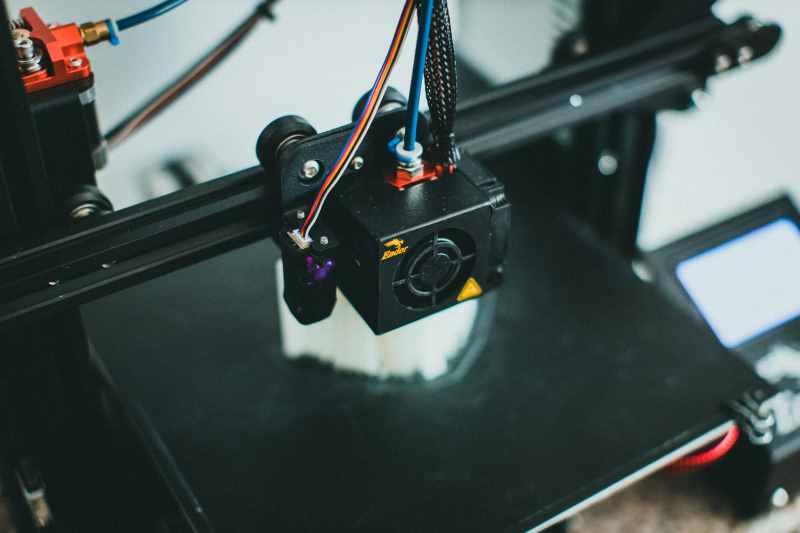
Quality Assurance in Additive Manufacturing: Ensuring Reliability - QA/QC
Share
As the world of production evolves, additive manufacturing is revolutionizing industries. It's a game-changer, transforming how we approach design, production, and supply chain logistics. Yet, like any innovation, it presents unique challenges, and one such area is Quality Assurance (QA).
Quality Assurance in additive manufacturing involves numerous intricate facets. It ensures the consistency and dependability of products developed via 3D printing technologies. The goal is to catch and eliminate issues early in the production process, significantly reducing costly post-production revisions.
The process starts with a robust design and validation phase. In this stage, every component is meticulously inspected to ensure that it matches the desired specifications. However, the key to effective QA/QC lies not just in its preliminary stages but also in its continued application throughout the production lifecycle.
One of the significant ways to enforce quality control is by implementing advanced QA/QC methodologies. These methodologies include tools like statistical process control and failure modes and effects analysis. When appropriately utilized, these tools facilitate an enhanced understanding of potential risks, guiding proactive measures to mitigate them.
An intriguing aspect of Quality Assurance in additive manufacturing is the opportunity for whole new wholesale businesses. Companies can confidently invest in these advanced technologies, secure in the knowledge that robust QA/QC processes are in place. This advancement not only ensures consistent product quality but also opens up new wholesale opportunities in various industries.
The fusion of sophisticated technologies like Artificial Intelligence and Machine Learning with additive manufacturing presents more potent QA/QC approaches. For instance, real-time monitoring systems now allow us to track, analyze, and rectify production anomalies instantaneously. Such cutting-edge technology is transforming the manufacturing industry, promoting reliability, and enabling businesses to deliver unparalleled quality to their customers.
Yet, it's vital to remember that while technology offers incredible tools for Quality Assurance, the role of a skilled QA/QC team remains crucial. Humans possess a unique ability to discern subtleties and nuances that machines may overlook. Therefore, a synergistic approach that combines advanced technology and human expertise is the optimal path forward for additive manufacturing QA/QC.
In conclusion, the future of additive manufacturing depends significantly on the evolution of QA/QC practices. It's a symbiotic relationship, as enhanced Quality Assurance methodologies drive more reliable and efficient additive manufacturing processes.
Investing in robust QA/QC practices for additive manufacturing is more than a necessity; it's a strategic choice. It ensures that your products maintain their integrity and meet the high standards that consumers expect. Moreover, it future-proofs your business, guaranteeing its relevance and success in an ever-evolving manufacturing landscape.
